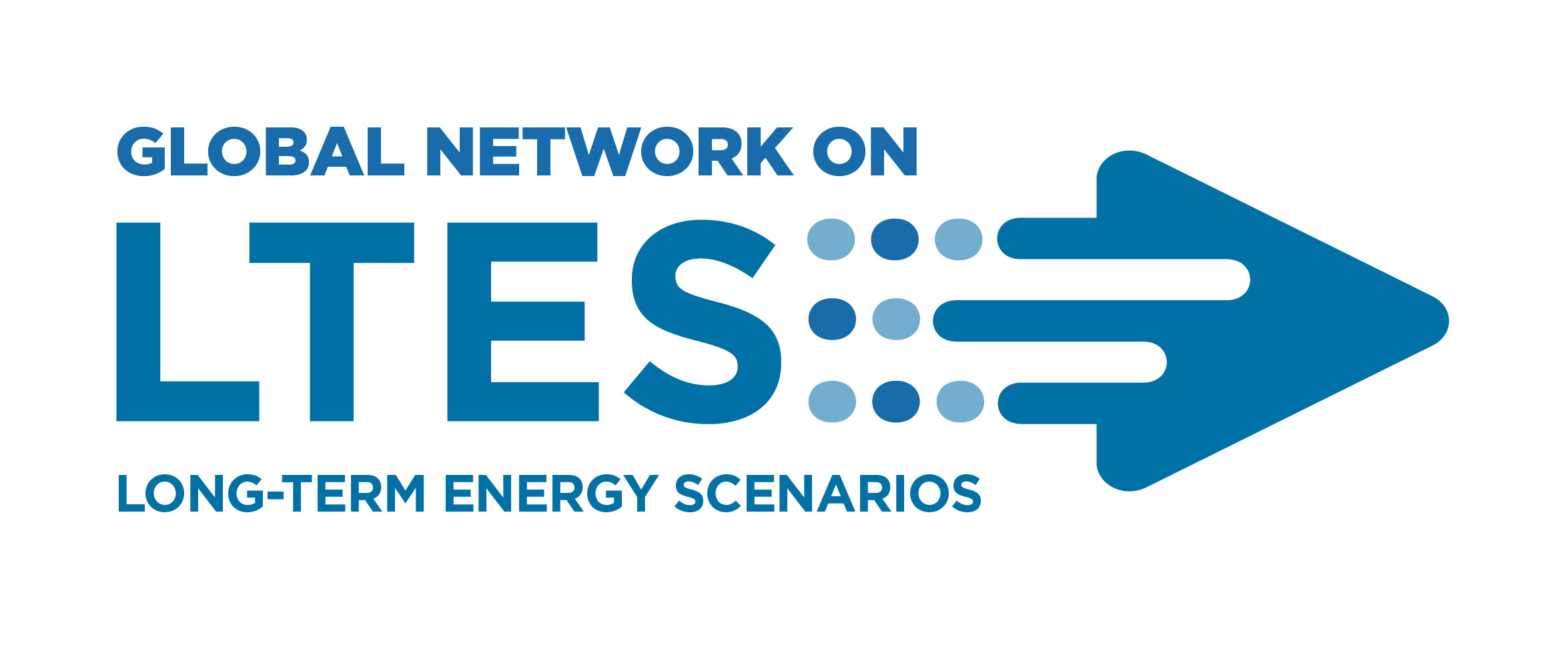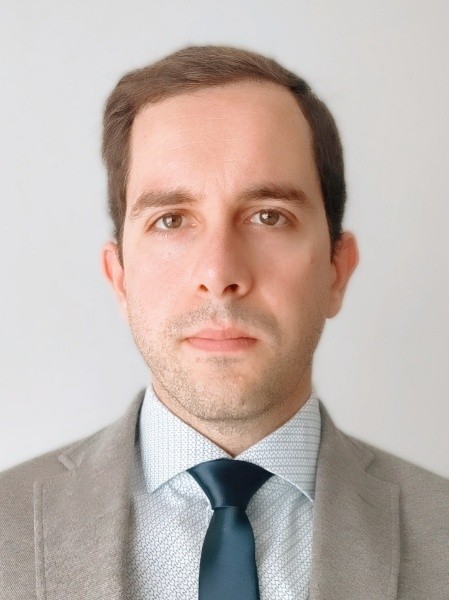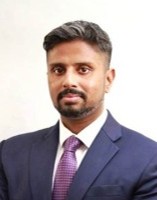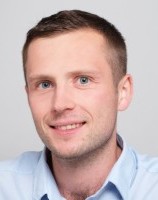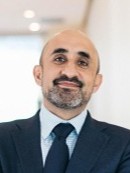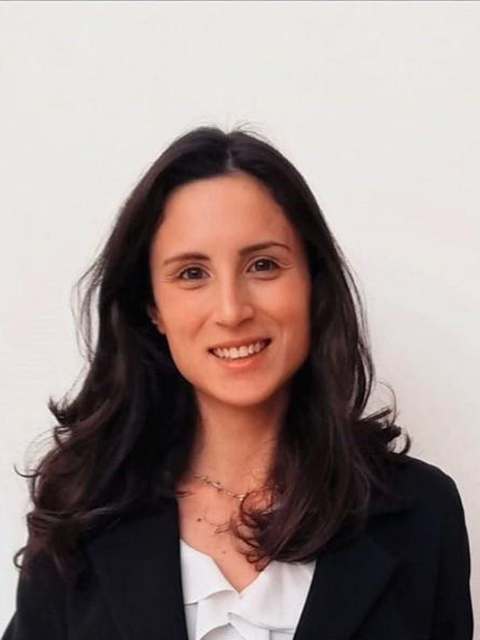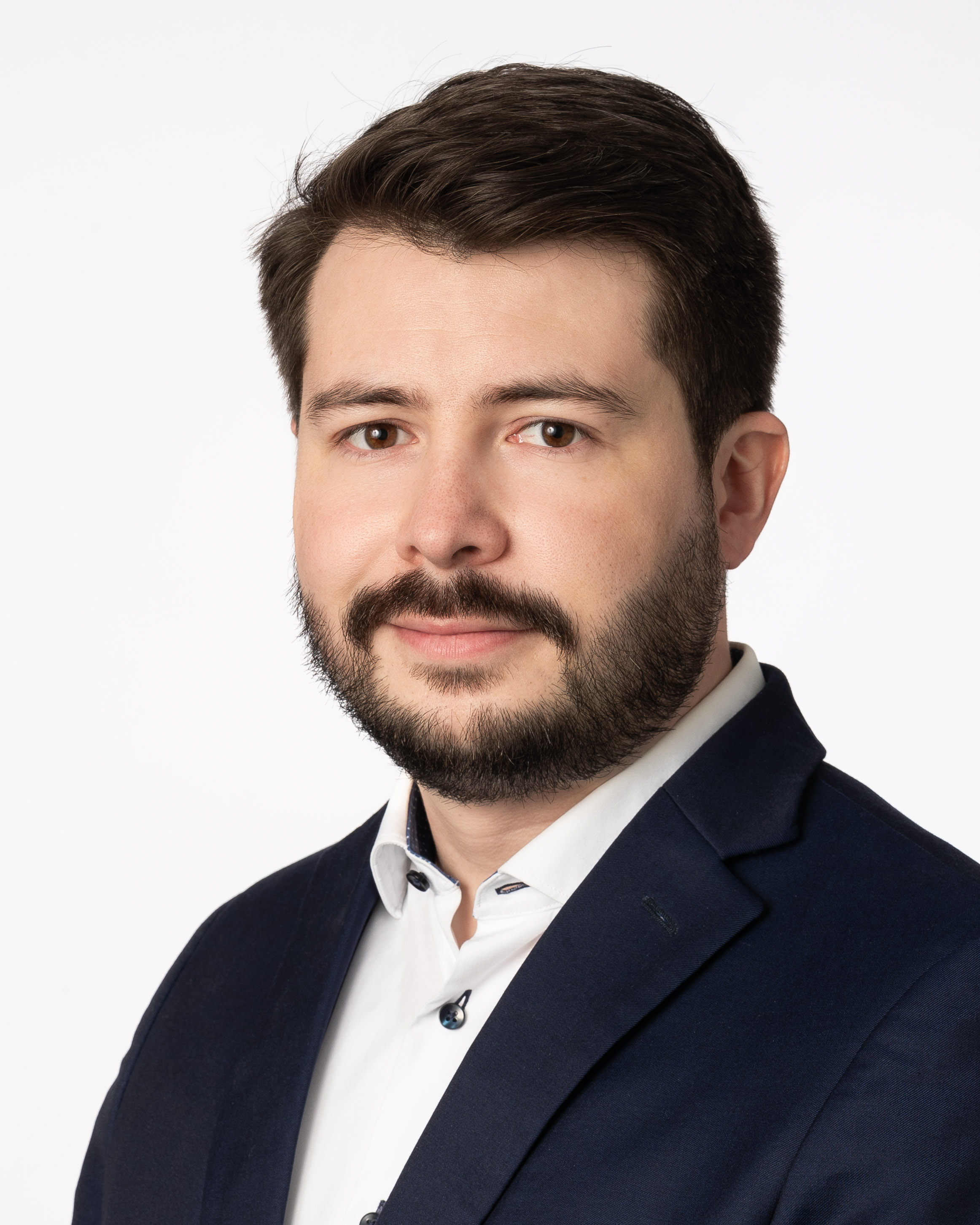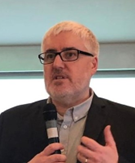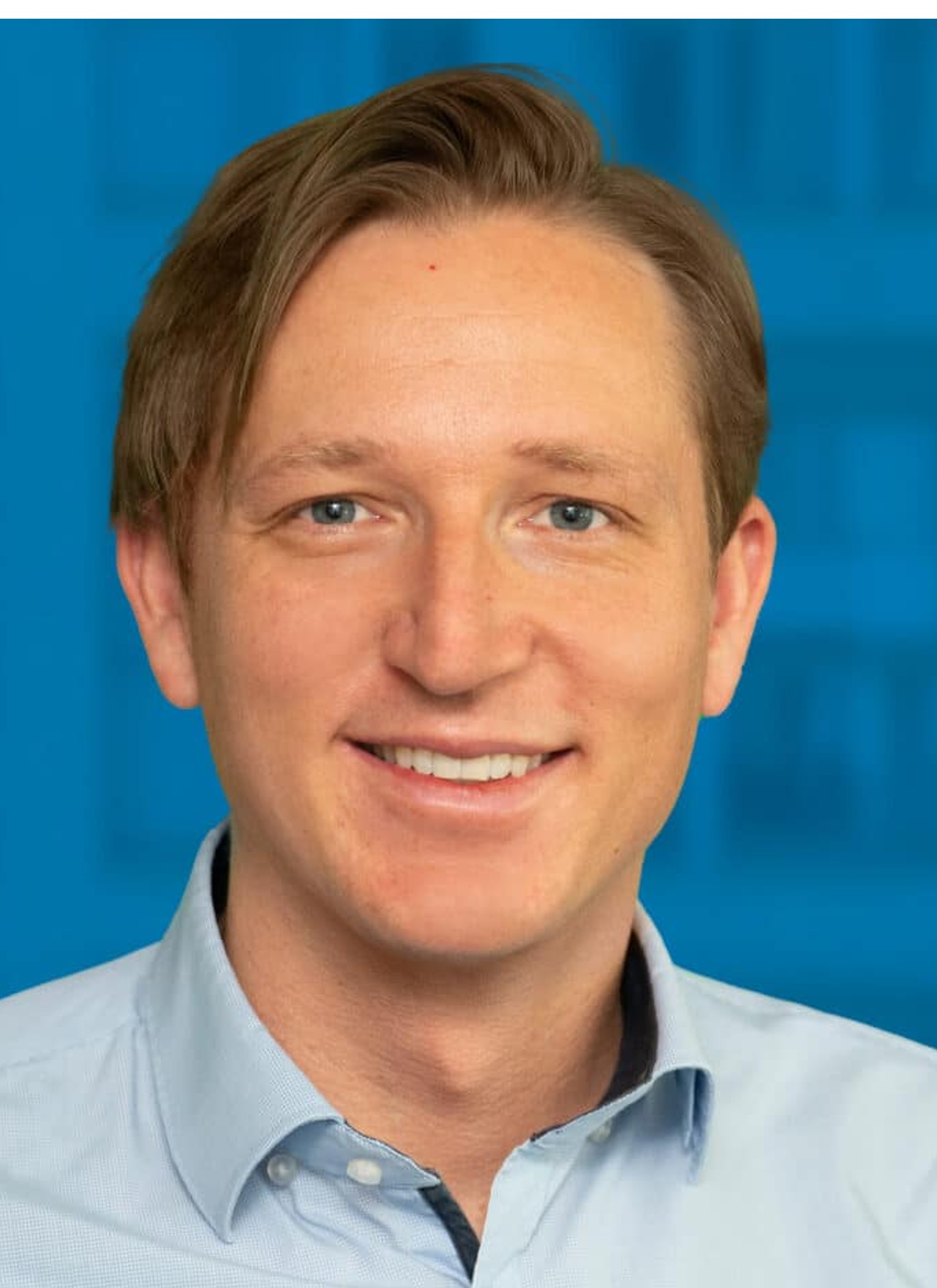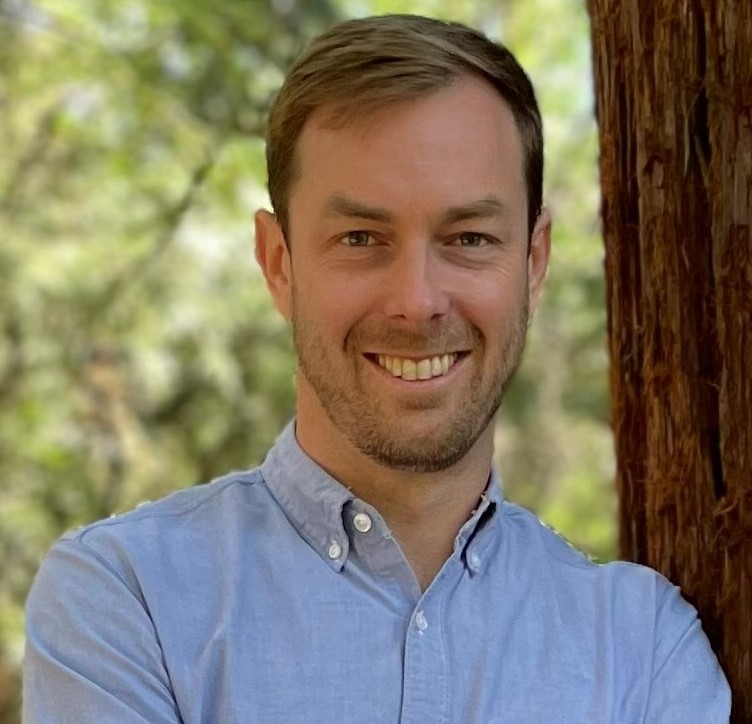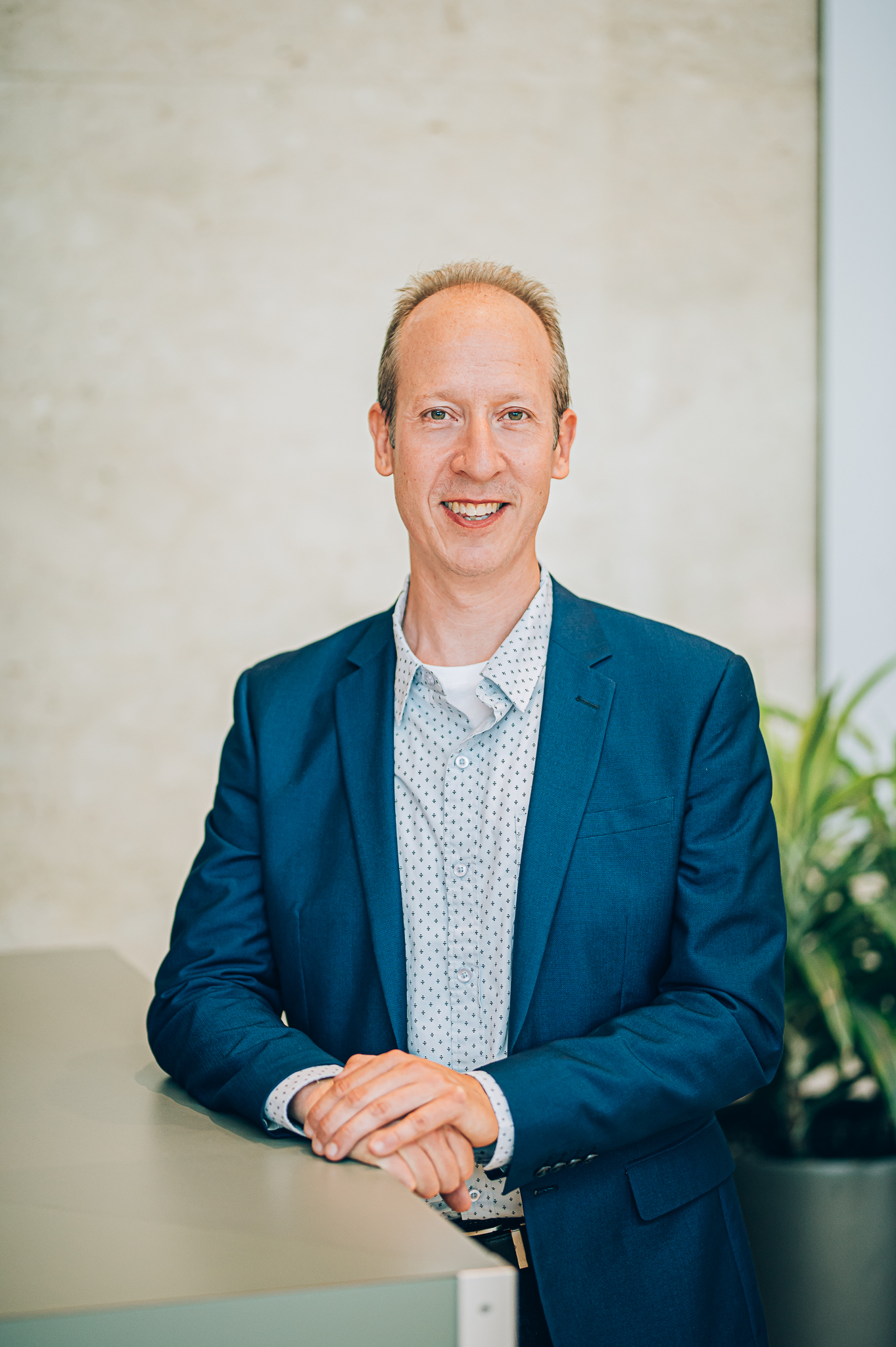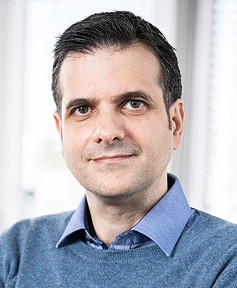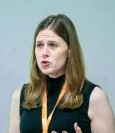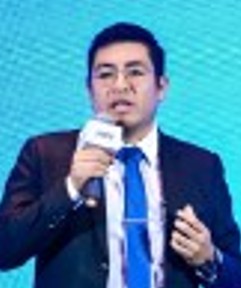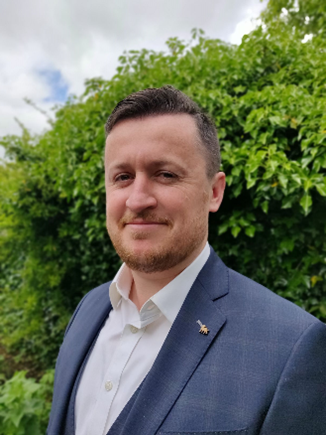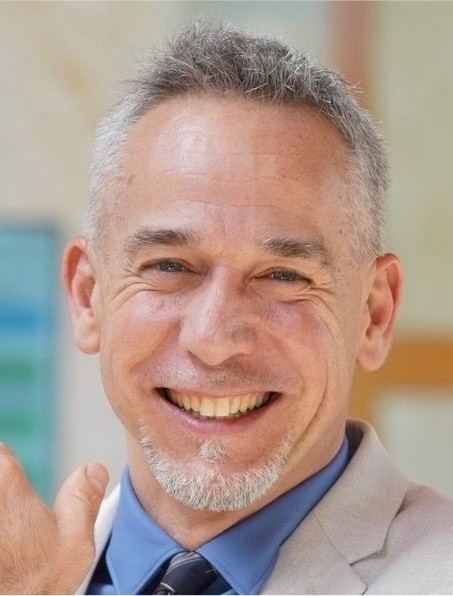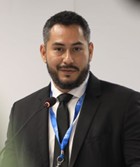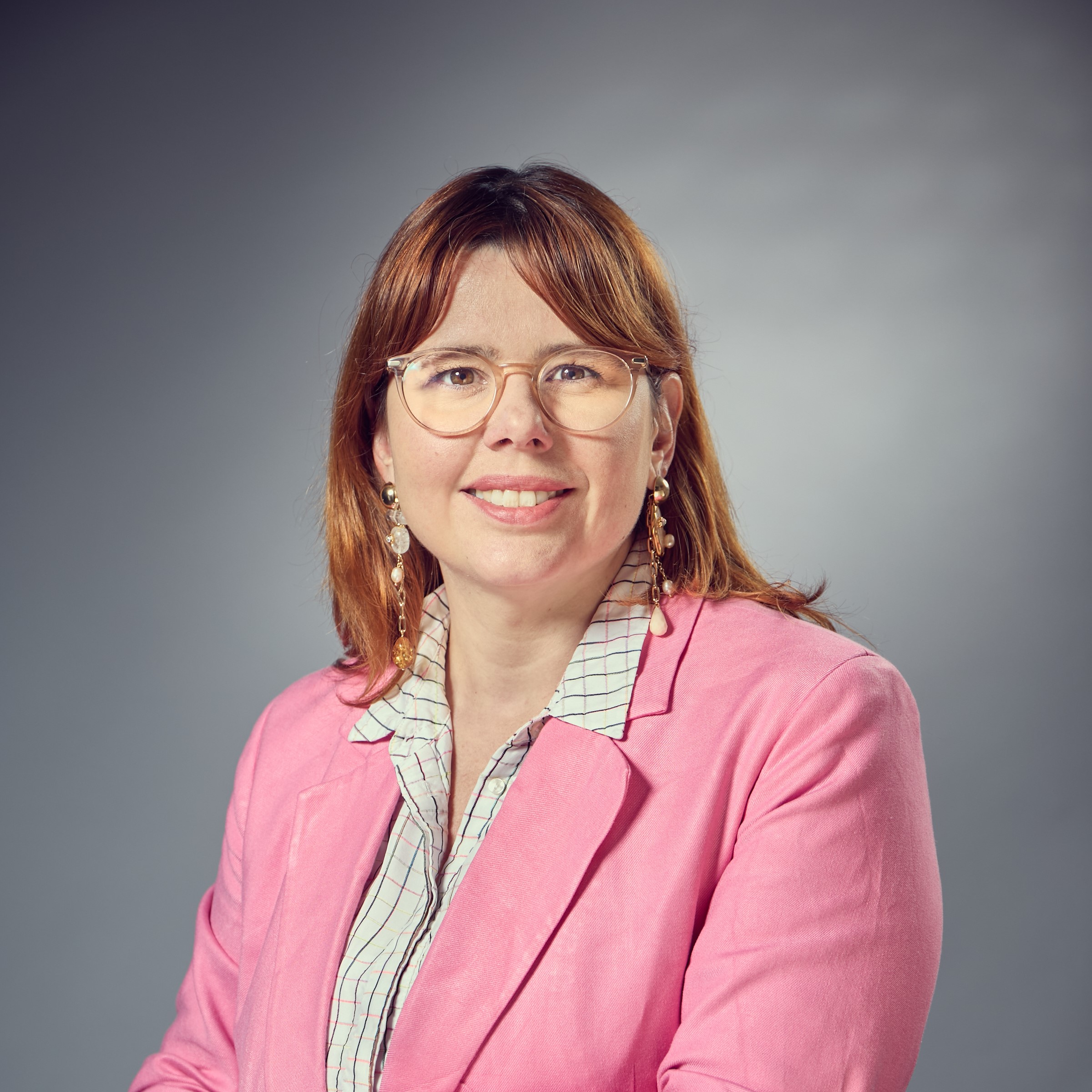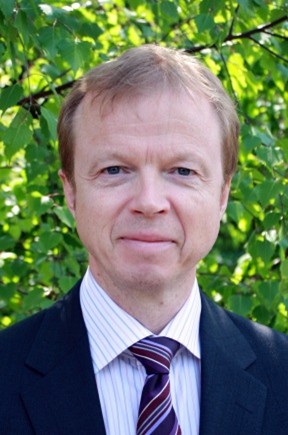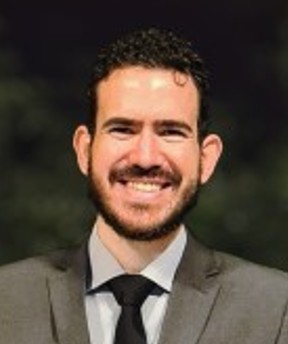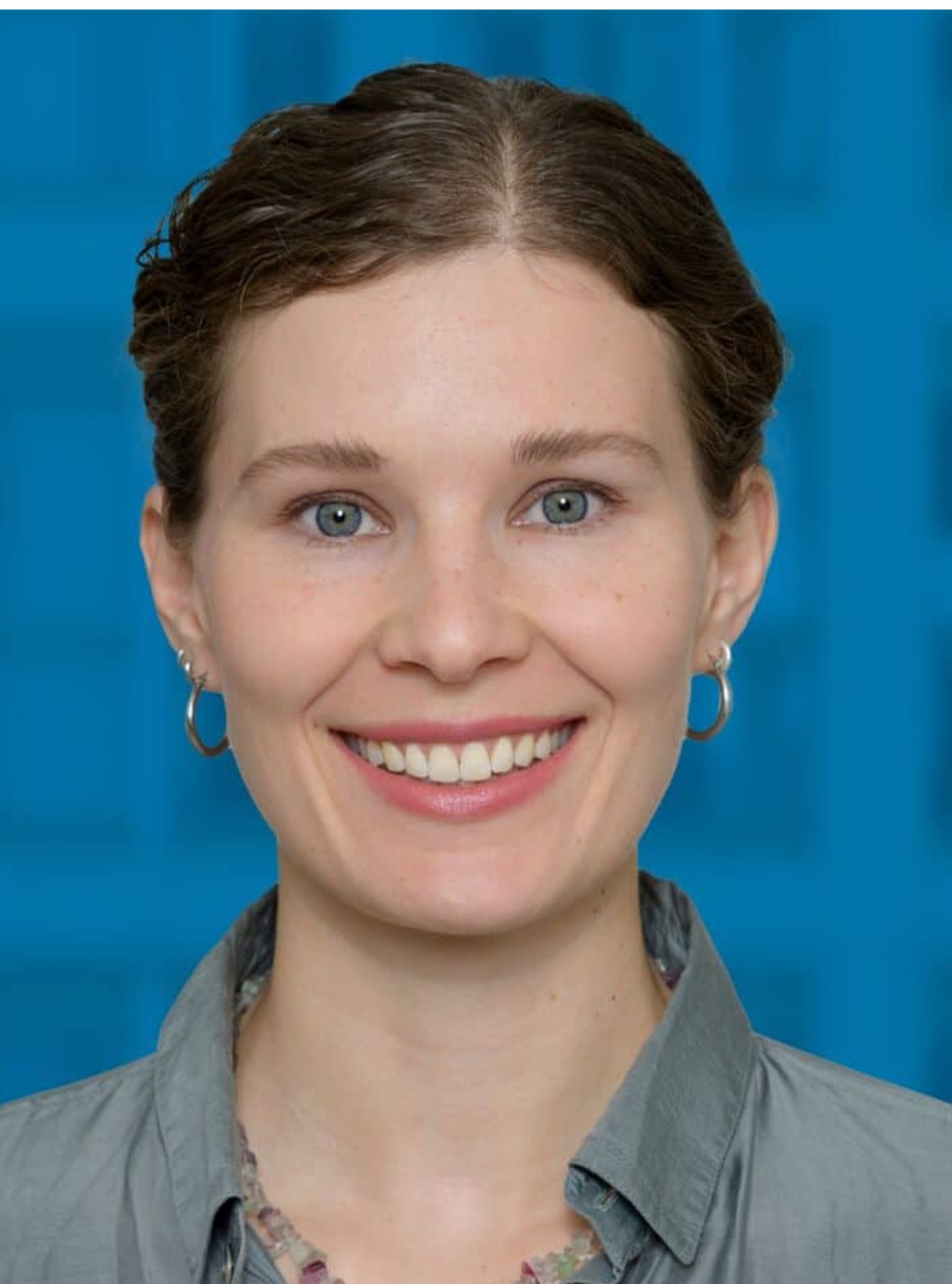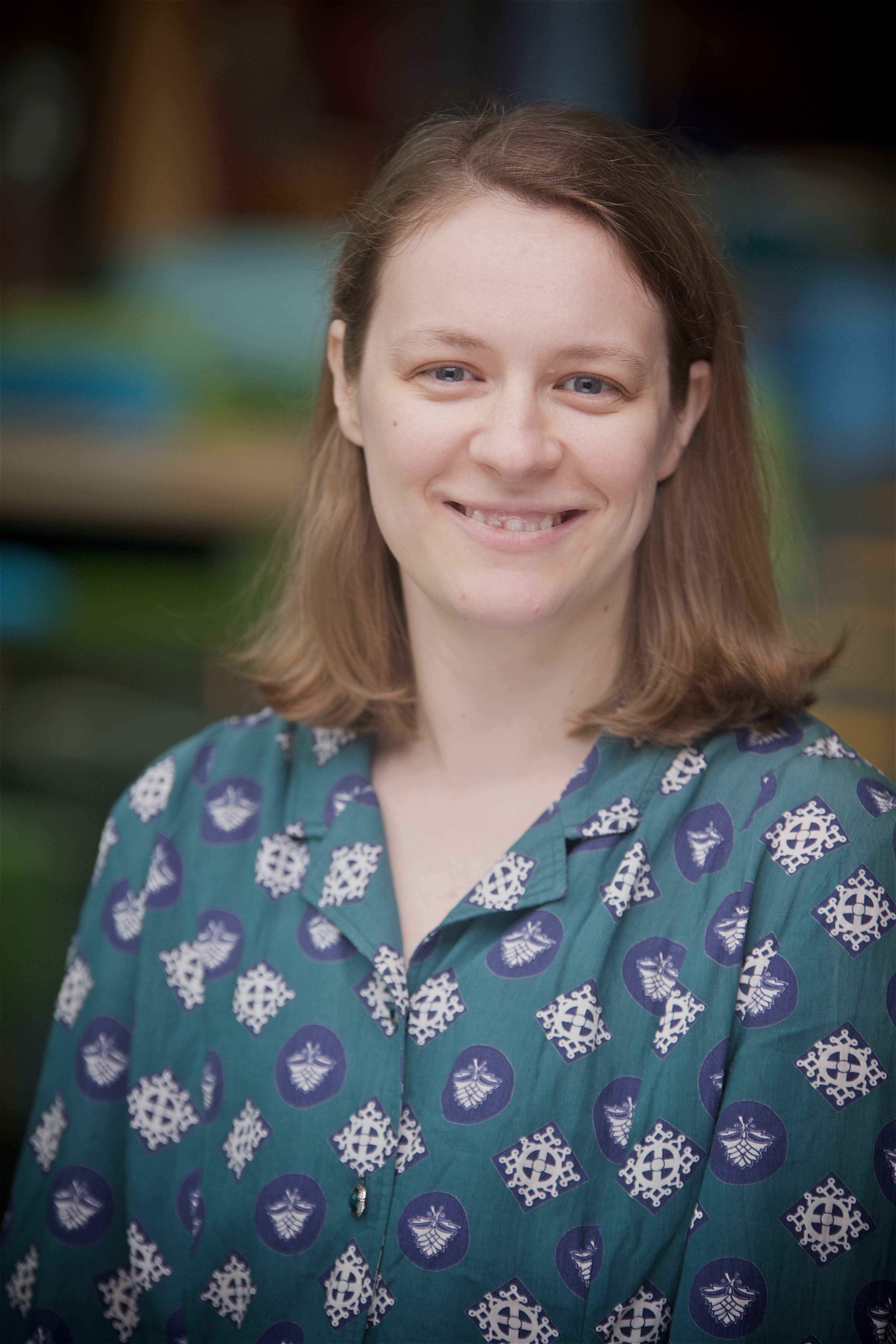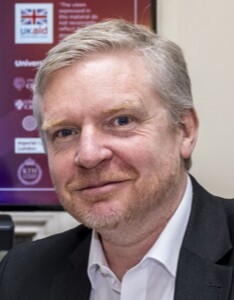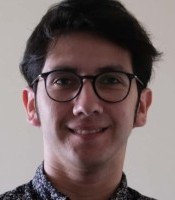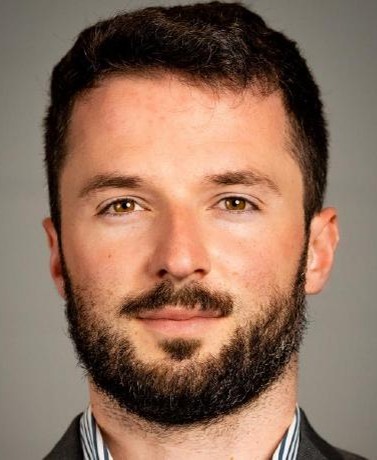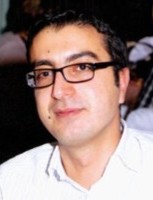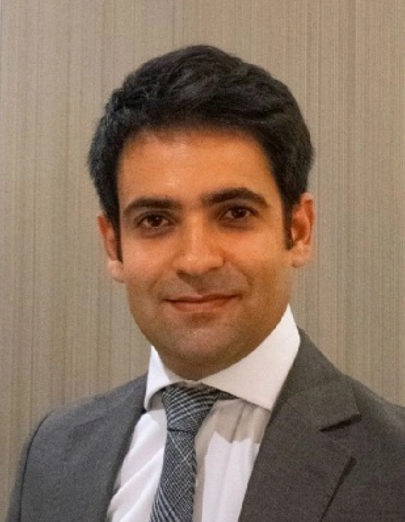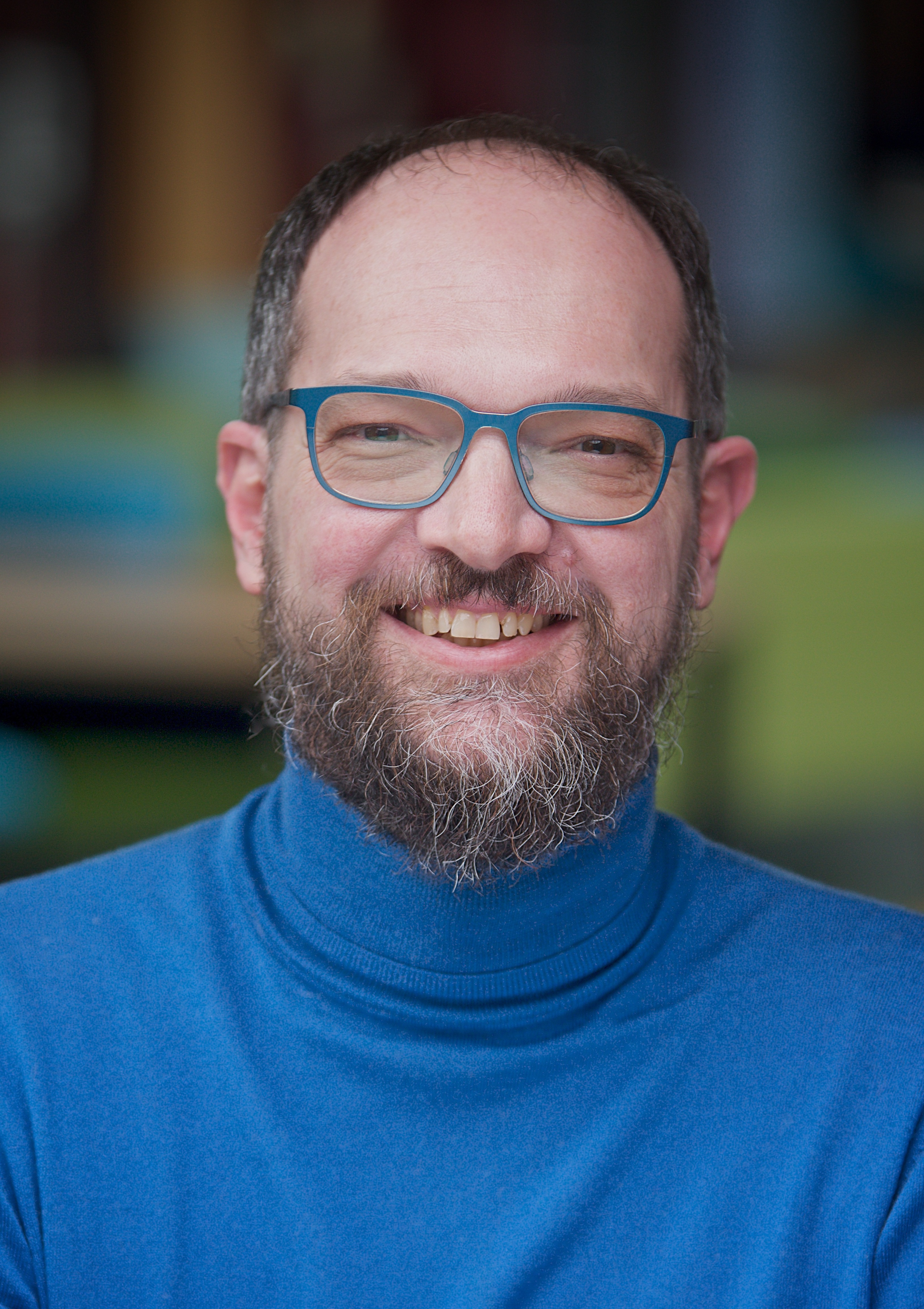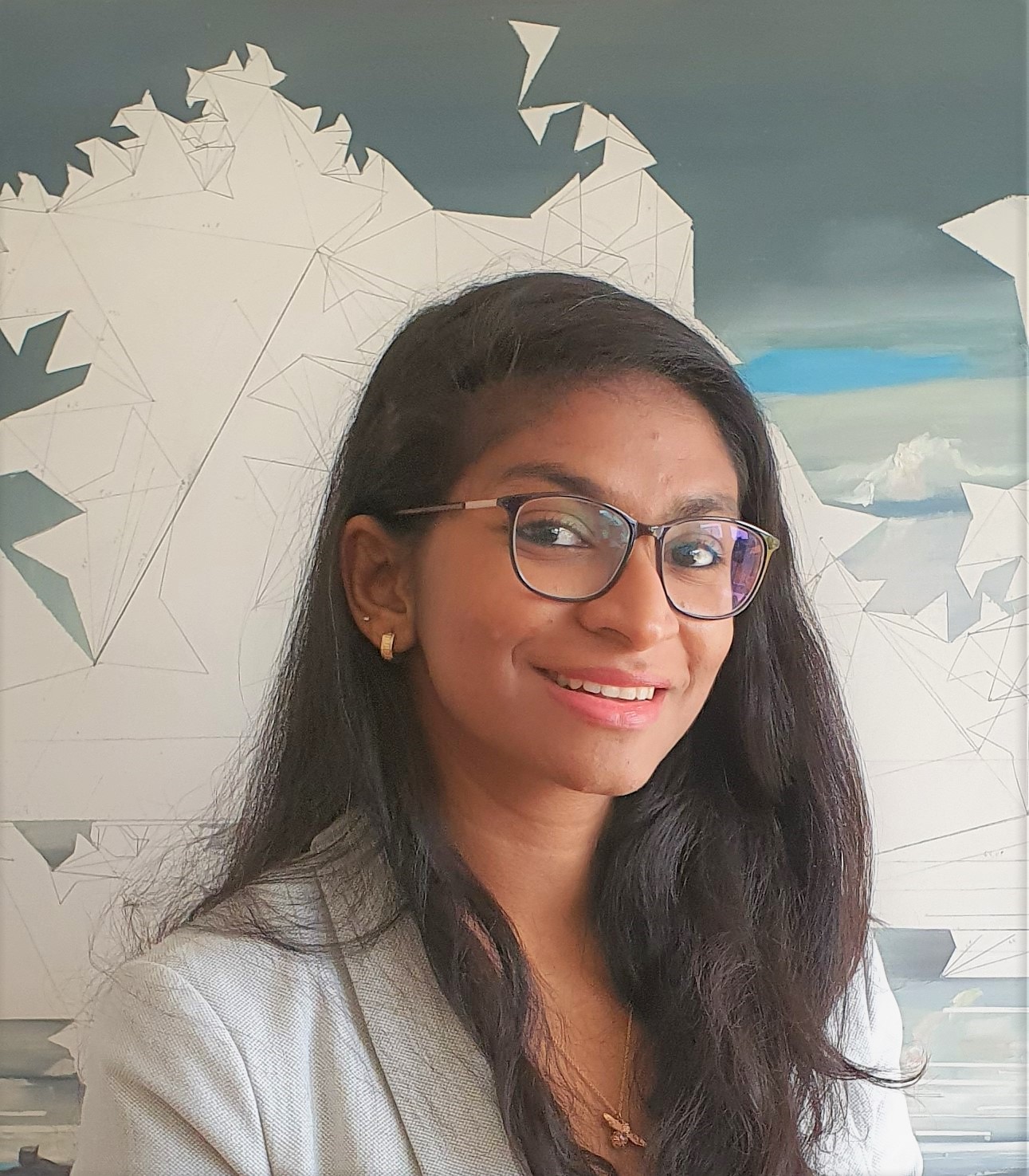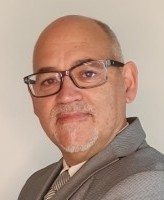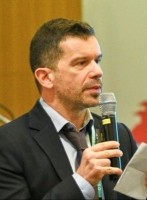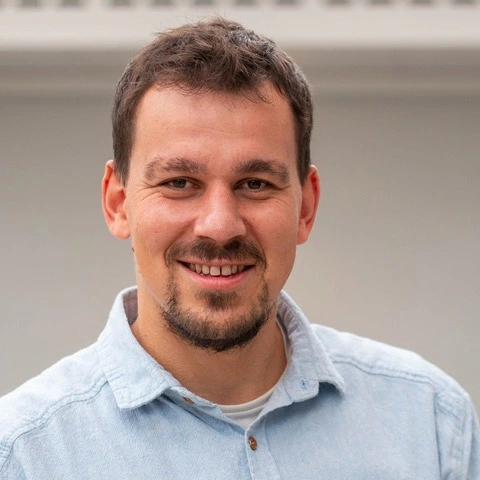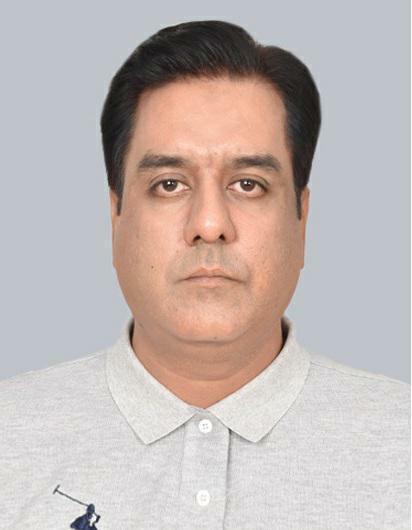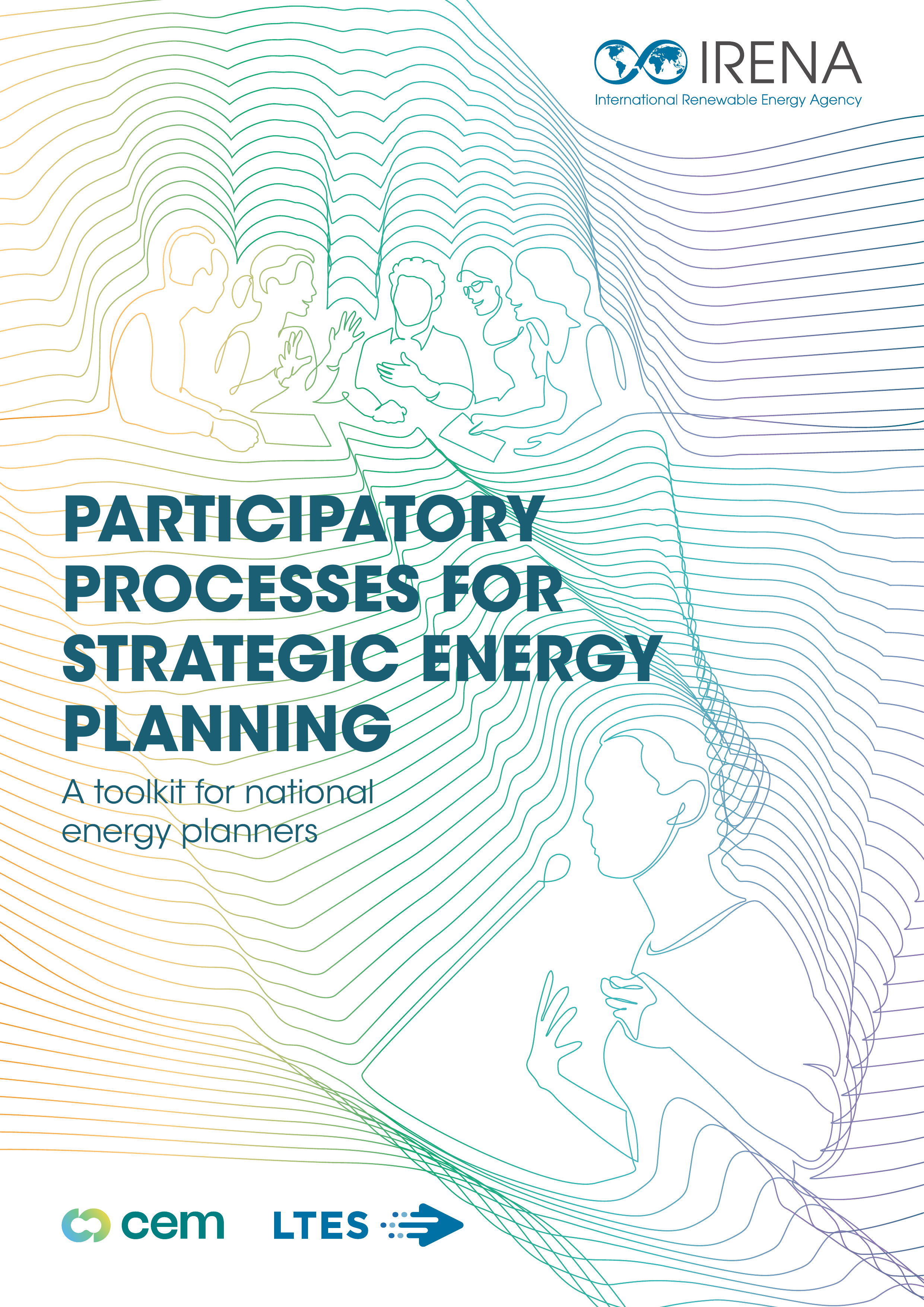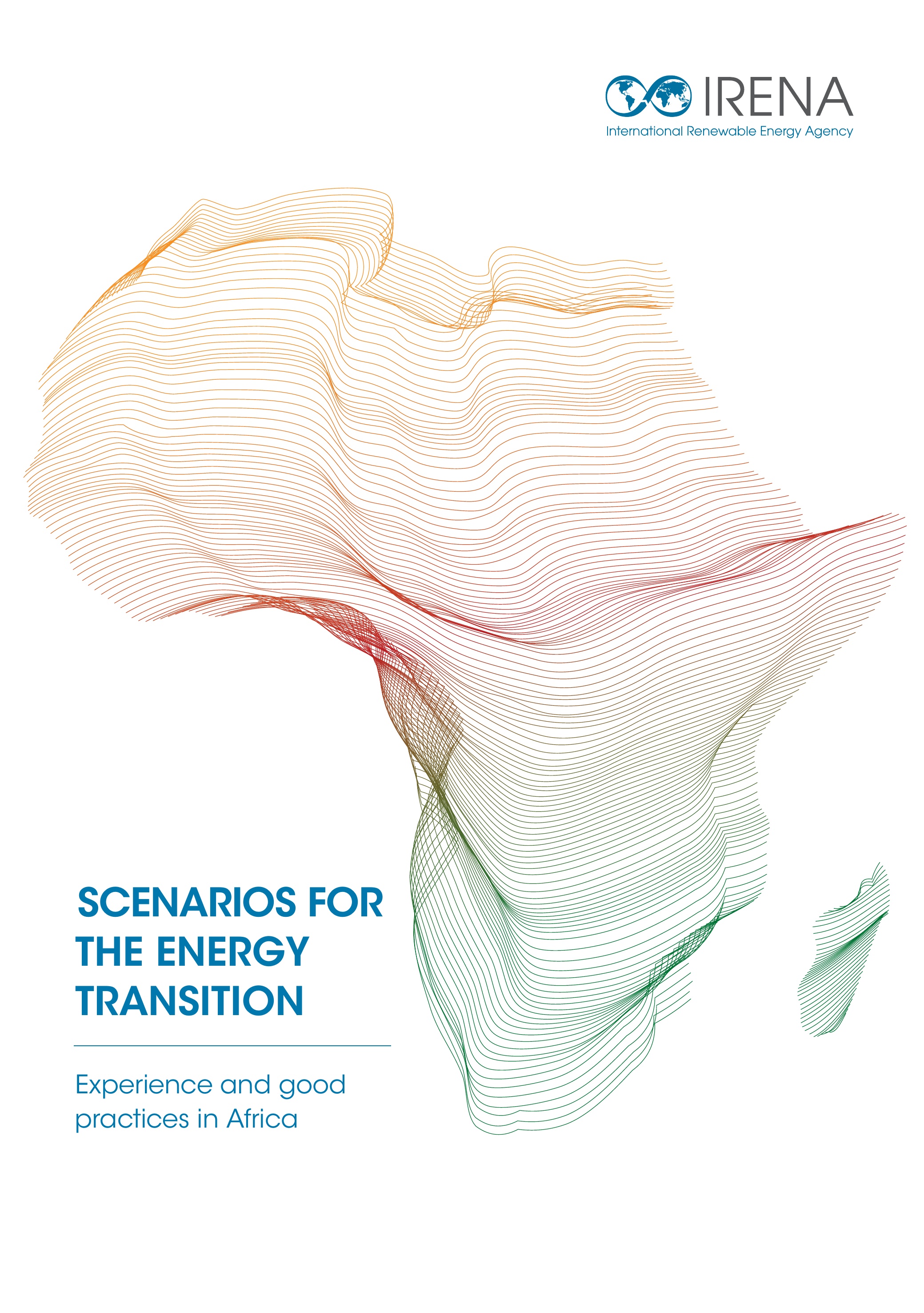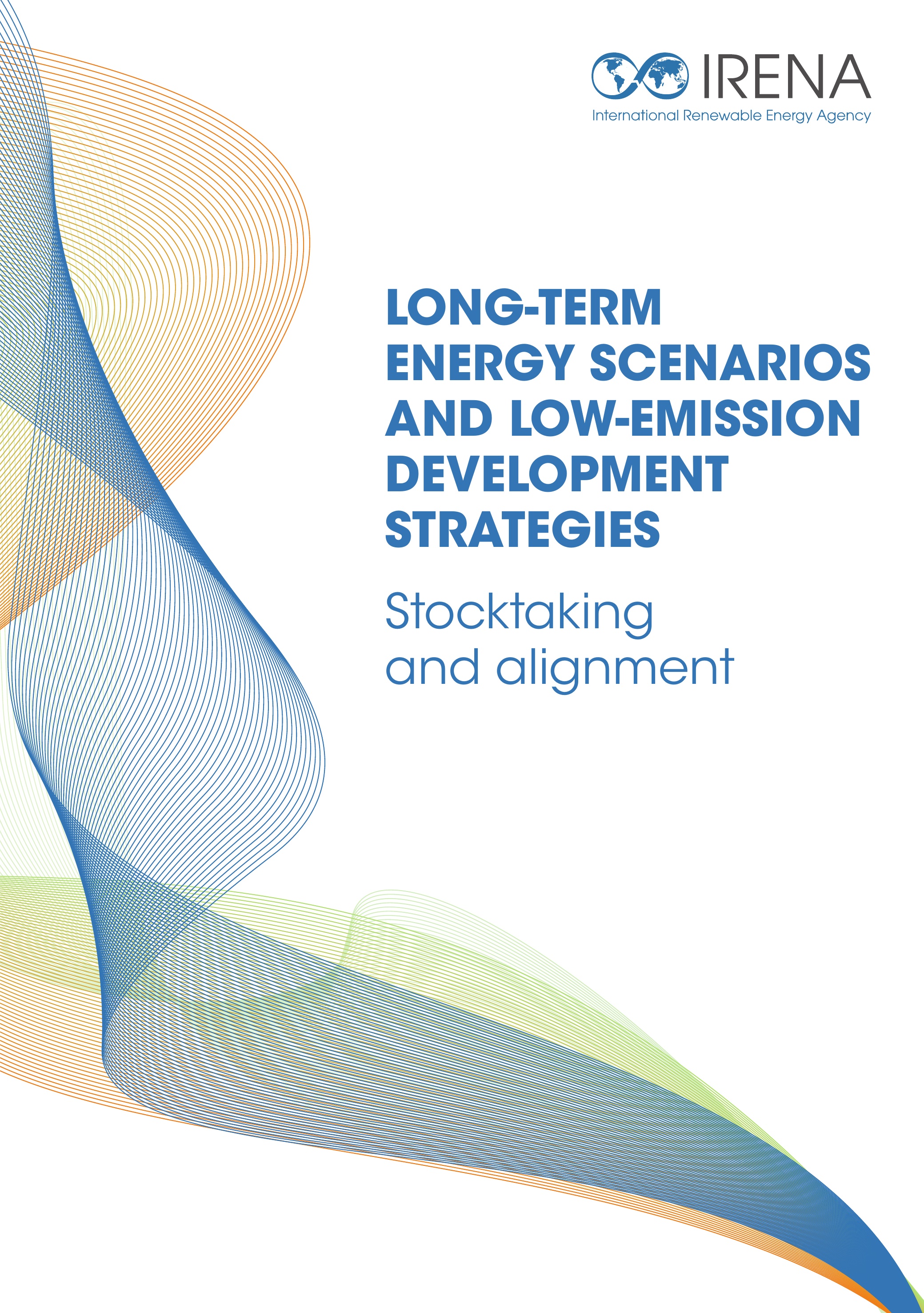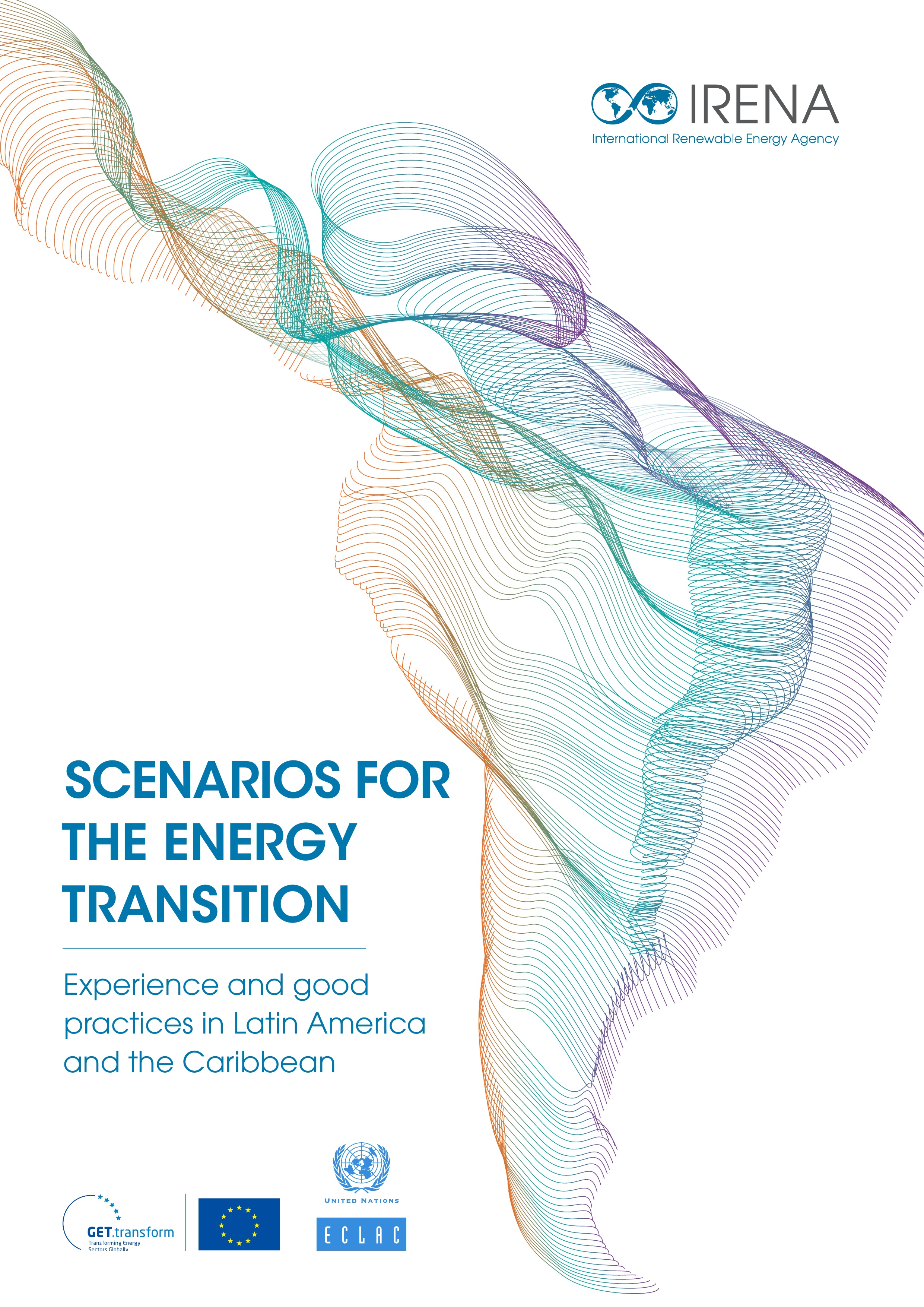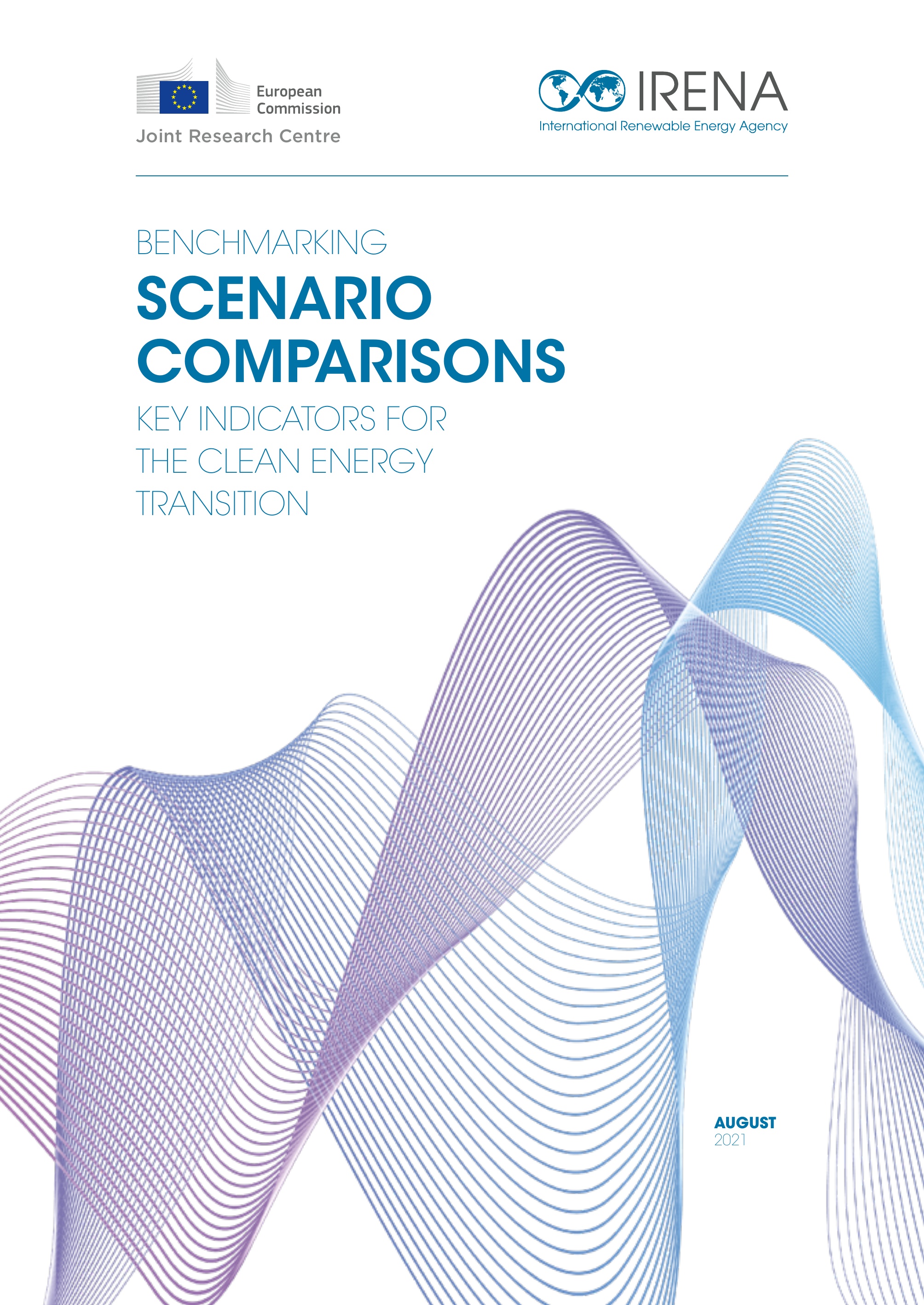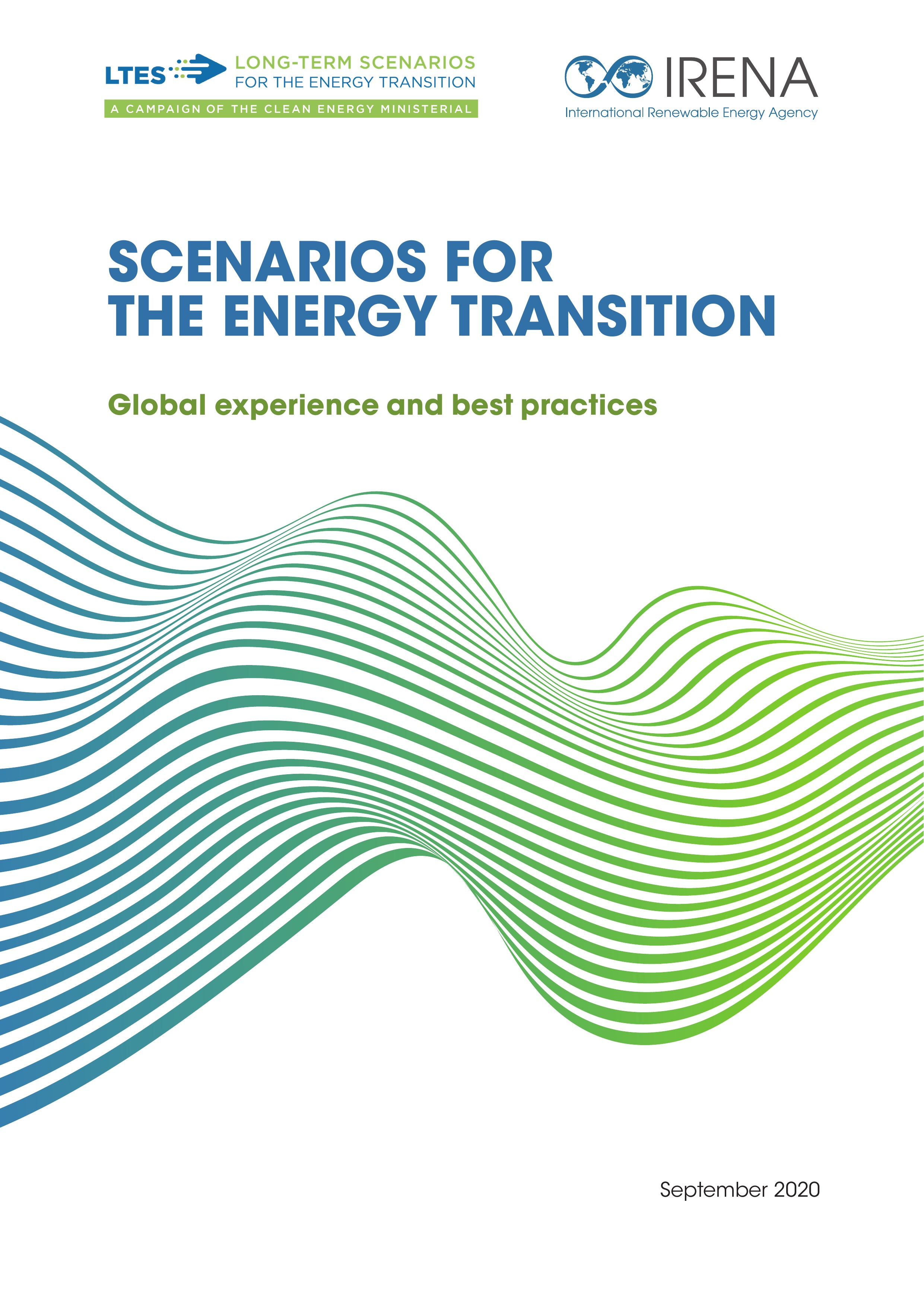This session explores how countries integrate long-term energy scenario planning with their Nationally Determined Contributions (NDCs) and climate commitments. Practitioners will share experiences on aligning energy modeling frameworks with international climate goals.
Key Participants:
Simon Benmarraze (IRENA),
Carlos Ruiz Sanchez (UNFCCC),
Juan Jose Garcia (IRENA),
Stelios Grafakos (Global Green Growth Institute),
Marcela Jaramillo (2050 Pathways),
Mohammad Amin Tahavori (VITO),
Sebastian Sterl (European Commission),
Estefania Ardila (NDC Partnership),
Aurora Recio Gonzalez (Spain),
Gabriel Armando Velasquez (Guatemala)
Examines the critical bridge between energy scenario planning and investment mobilization. Focus on translating long-term grid expansion plans into concrete, financeable infrastructure projects that attract private and public investment.
Key Participants:
Juan Jose Garcia (IRENA),
Arturo Alarcon (Inter-American Development Bank),
Dennis Volk (BNetzA),
Cornelia Schenke (OECD),
Lucas Simões de Oliveira (EPE Brazil)
Addresses the challenge of effectively communicating complex energy scenarios to diverse stakeholders. Explores strategies for transparent communication, stakeholder engagement, and building public trust in energy transition pathways.
Key Participants:
Nadeem Goussous (IRENA),
Charlie Heaps (Stockholm Environment Institute),
Evangelos Panos (Paul Scherrer Institute),
Franziska Bock (Delft University of Technology),
Andrzej Ceglarz (Renewables Grid Initiative),
Sebastien Debia (Natural Resources Canada),
Lars Georg Jensen (Danish Energy Agency)
Discusses practical aspects of selecting and implementing energy modeling tools within government institutions. Focus on open-source solutions, capacity building, and creating sustainable in-house modeling capabilities.
Key Participants:
Christopher Gross (GET.transform - Moderator),
Maike Groninger (GET.transform),
Larissa Pinheiro Pupo Nogueira (IRENA),
Edouard Clement (Energy Modelling Hub),
Usman Ahmad (Pakistan),
Ali Ahmed Ali (Egypt),
Carla Cannone (Climate Compatible Growth),
Maximilian Parzen (Open Energy Transition),
Lars Georg Jensen (Danish Energy Agency),
Charlie Heaps (Stockholm Environment Institute)
Explores how to incorporate supply chain risks and uncertainties into long-term energy planning. Addresses critical mineral dependencies, technology supply constraints, and strategies for building resilient energy supply chains.
Key Participants:
Nicola Magnani (European Commission JRC),
Matias Paredes Vergara (Chile),
James Glynn (Energy Systems Modelling Analytics)
Examines the rapidly evolving energy demand landscape driven by digitalization, including data centers, AI infrastructure, and smart systems. Focus on integrating these demand-side shifts into long-term scenario planning.
Key Participants:
Adrian Gonzalez (IRENA),
REN21,
Tiina Koljonen (VTT Technical Research Centre, Finland - Moderator),
Ricardo Aguiar (Portugal),
Marija Miletic (European Commission JRC),
Seoungho Lee (Korea Energy Economics Institute),
Johanna Stella Castellanos Arias (Colombia)
Discusses the opportunities and challenges of using artificial intelligence in energy scenario planning. Addresses governance frameworks, data quality requirements, and ensuring transparency in AI-assisted energy planning.
Key Participants:
Juan Jose Garcia (IRENA - Moderator),
David McCollum (University of Tennessee),
Mohamed Bassam Ben Ticha (International Atomic Energy Agency),
Alvin Jose (SEforAll),
Mark Howells (Climate Compatible Growth),
Evangelos Panos (Paul Scherrer Institute),
Tobias Augspurger (Open Energy Transition)
Focuses on integrating social equity and just transition principles into energy scenario planning. Explores methodologies for assessing employment impacts, community effects, and ensuring inclusive energy transitions.
Key Participants:
Reshma Francy (World Energy Council - Moderator),
Arnaldo dos Santos Junior (EPE Brazil),
Matias Paredes Vergara (Chile),
Lars Georg Jensen (Danish Energy Agency)


